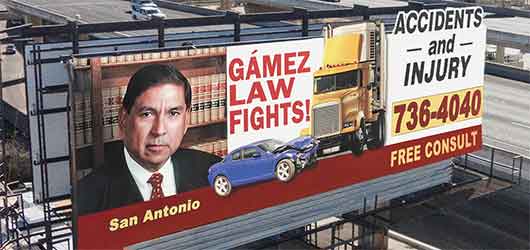When a driver is behind the wheel, his or her main concern should be the safe operation of the vehicle. He or she must remain focused on the task at hand in order to avoid unnecessarily risking the safety and well-being of others on the road. Distraction of all kinds increases the chance of an accident, which is why it is important for all Texas drivers to do everything they can to avoid things that may take their attention while they are driving.
Phones are the most common source of distracted driving. Texting, reading emails and scrolling social media are extremely dangerous things to do while operating a vehicle. While phones are incredibly distracting, a driver could experience dangerous levels of distraction from other things as well. In fact, cognitive distraction is especially concerning, as this can occur while a driver has both hands on the wheel and eyes on the road.
Sources of distraction
Distracted driving falls into three main categories — visual, cognitive and manual. Manual distraction occurs when a driver removes his or her hands from the wheel, such as to eat or adjust the radio. Visual distraction occurs when a driver is looking at something that is not the road, and cognitive distraction is when the driver has an unfocused and distracted mind. Cognitive distraction can occur even when a driver has hands on the wheel and eyes on the road.
Studies find that cognitive distraction is just as dangerous as other types of distraction. This is especially concerning as more vehicles come with hands-free technology, and there is an assumption about the safety of these types of features. Studies find that secondary tasks, such as listening to an audio book, talking on a hands-free device or even talking with a passenger, cause high levels of mental distraction. There is evidence that speech-to-text is one of the most distracting hands-free features.
Are you a victim?
If you suffered injuries in an accident caused by a distracted driver, you could have legal options available to you. An assessment of your case can help you understand the potential option for seeking recompense through the Texas civil justice system. A careful evaluation of the evidence can provide insight regarding what types of distraction may have played a role in what happened to you. Drivers are accountable for their actions that caused harm to others, including cognitive distraction.


